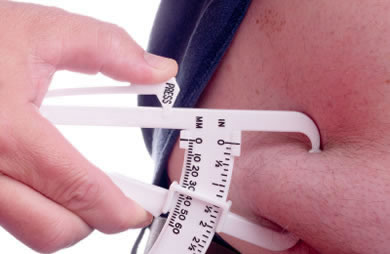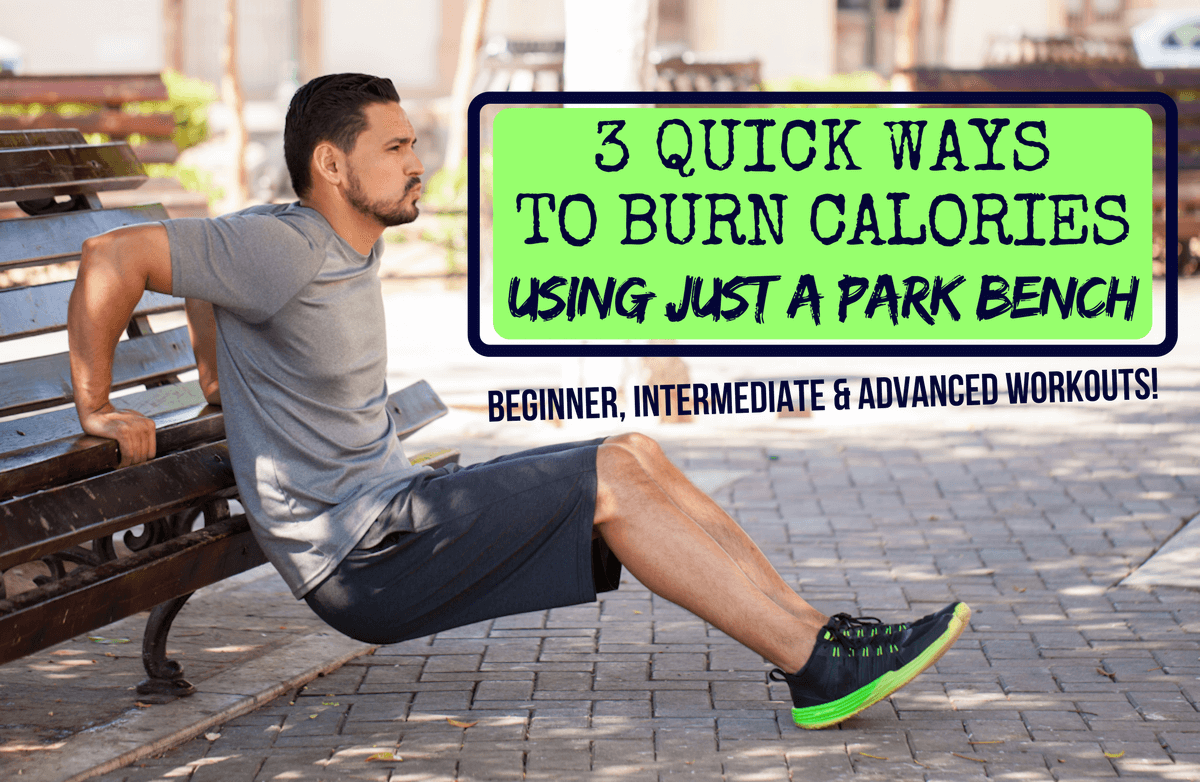|
Just about everywhere you look someone is using technology. I find it's actually difficult to go out and not see people texting or playing games on their cell phones. It seems that using our phones and other mobile devices (iPads, tablets, laptops, etc.) is such a common thing now. According to this article, the National Sleep Foundation found that "more than 90 percent of Americans regularly use a computer or electronic device of some kind in the hour before bed." With the use of electronic devices like that, researchers are finding that the "exposure to light from computer tablets significantly lowered levels of the hormone melatonin, which regulates our internal clocks and plays a role in the sleep cycle." This can cause disturbances in our sleep, along with increasing our risk of obesity and diabetes. Now, I am known to play a few games on my phone before going to bed -- usually to wind down a little. I tend to sleep fairly well most nights, but there are the occasional nights that I toss and turn and lay awake in bed for a little while. After reading about how electronic devices can cause sleep issues, I do wonder if the nights that I have trouble sleeping may be caused by using my computer late at night or by playing those couple of games on my phone before going to sleep. I recently started using a sleep tracking app on my phone which has allowed me to see how many times I may have disrupted sleep. Of course, it isn’t 100% accurate, but it does give me a rough idea of my sleeping patterns and how much I move around in my sleep. To my surprise, I don't toss and turn as much as I thought I did and I am above average on my sleep, but I plan on keeping track of my sleep quality and habits to see if I can find a pattern in the use of electronic devices before going to bed. For those of you who find it difficult to sleep or to get better quality sleep, you may want to try some of the tips below (besides lessening the use of electronic devices prior to bed): Go to bed earlier. As simple as it seems, going to bed earlier can help you get the extra sleep your body craves. Even if you don't feel tired, try lying down about an hour earlier until you get a full 7-8 hours each night. Relieve stress. People with uncontrolled stress are more prone to insomnia. But exercise, meditation, yoga, and other techniques can help you relax. Do something to relieve stress each day. Let it out. Try to decrease your brain activity before bed by writing down your thoughts in a journal. It will help clear your mind so you can close the book on today and move forward. Turn down the lights. It's more difficult to fall and stay asleep in a room that is too bright. Wear a sleeping mask and close the blinds and curtains to diminish light and set the mood for sleep. Relax a little. Schedule some downtime each day for meditative activities like stretching, reading or a enjoying a hot bath. This can help you unwind after an intense, stressful day so you'll sleep more soundly. Eat at regular intervals. This keeps your energy and blood sugar levels stable all day long. With fewer highs and lows, you'll be alert all day and ready to sleep at night. Add white noise. Most people can't fall asleep when it's too loud. Wear ear plugs to drown out disturbing sounds and turn on "white noise" (like a fan or rain CD) so you can sleep more soundly. Click here for more tips to get better sleep. And print or pin this graphic as a reminder to make rest a priority!  Related links: Official Better Sleep Challenge Why Snoozing is Important for Losing What Causes Insomnia? Track Your Sleep and Energy Levels on SparkPeople 6 Ways to Beat Insomnia 7 Hidden Ways to Get Better Sleep Do you have trouble sleeping? If so, do you tend to use electronic devices before going to sleep? If not, what tips do you have for others to get better sleep? |
More From SparkPeople
|















